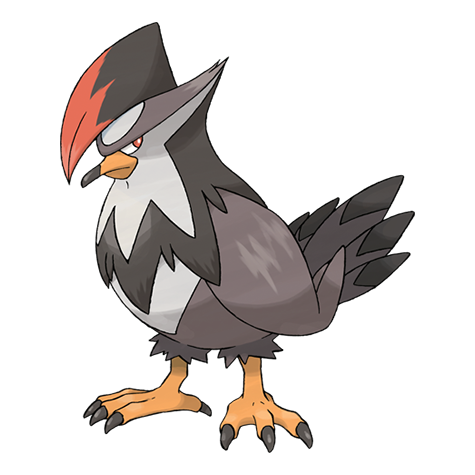I heard something to do with Nitrogen and …cow farts(?) I am really unsure of this and would like to learn more.
Answer -
4 Parts
- Ethical reason for consuming animals
- Methane produced by cows are a harmful greenhouse gas which is contributing to our current climate crisis
- Health Reasons - there is convincing evidence that processed meats cause cancer
- it takes a lot more calories of plant food to produce the calories we would consume from the meat.
Details about the answers are in the comments


The basic problem is that to get 1000 calories of beef, you need to feed the cow something like 10,000 calories. So growing a cow is actually growing an entire field of wheat/corn/etc., then feeding it to the cow, then eating the cow.
Farming all of those crops for the animals takes up a lot of land, consumes fresh water, produces wastes, and uses oil/gas (for farm equipment directly, or to produce things like nitrogen fertilizers) which produces co2. Cows also produce methane (that’s the fart thing) which is a bad greenhouse gas.
You could just eat the wheat/corn/etc. directly (most of the time) and skip the meat step therefore saving a massive amount of environmental impact.
Meat sure is tasty though.
I remember driving through Iowa and seeing vast fields of corn and learning that the majority of that corn was not even destined for human consumption. That kinda blew my mind.
Luckily there is still enough left over to poison the population with high fructose corn syrup
deleted by creator
It increases methane emissions and doesn’t scale
https://iopscience.iop.org/article/10.1088/1748-9326/aad401
https://iopscience.iop.org/article/10.1088/1748-9326/aad401/pdf
Further, plenty of the land that grazing takes place on is not naturally grassland, and the “grass-fed” that you’ll see anywhere are still getting grain as well
https://theconversation.com/livestock-grazing-is-preventing-the-return-of-rainforests-to-the-uk-and-ireland-198014
Places that have tried to scale grass-fed production up have all kinds of problems. For instance, New Zealand often likes to tout its grass-fed production, but the production levels are so high that it’s a heavy polluter. It would require a 12-fold reduction in size in one region to meet the bare minimum standards for drinking water safety
https://theconversation.com/11-000-litres-of-water-to-make-one-litre-of-milk-new-questions-about-the-freshwater-impact-of-nz-dairy-farming-183806
Who says that land couldn’t be used for much else? You could grow fruit, nuts, rice, whatever
Have you seen a ranch? They don’t use farmable land.
A lot of farmable land is used to grow animal feed, especially cattle feed.
deleted by creator
We don’t have a food shortage.
That’s like 3% of the cows. The rest is raised in factory farms.
This is nonsense.
‘Exception for male dairy calves, production is predominantly pastoral-based, with young stock spending relatively brief portions of their life in feedlots. ’
https://www.ncbi.nlm.nih.gov/pmc/articles/PMC6039332/
Almost all cattle spends some time on feedlots, as grain improves the meat close to slaughter. Ignore these sites that give the false impression that almost all cows are raised in feedlots. It is blatantly incorrect and obvious to anyone that drives outside the city and looks out of the window.
The number of cattle that can be raised this way is so small it isn’t a valid option to meet demand.
Also, that land could be used for other things like goat farming which would be far more energy efficient than cattle.
But growing a cow that eats the grasses makes it for I get the meat and the vegetables all at once and it tastes great /s